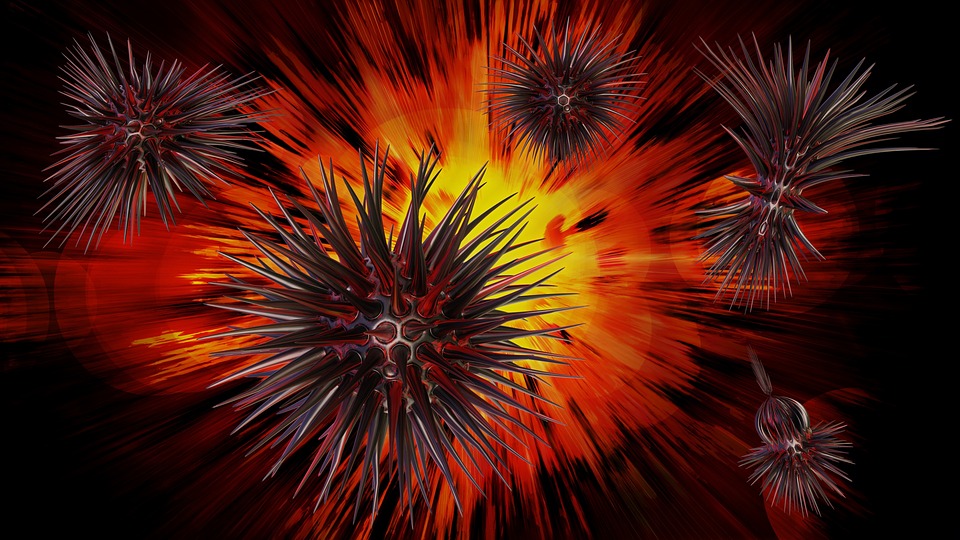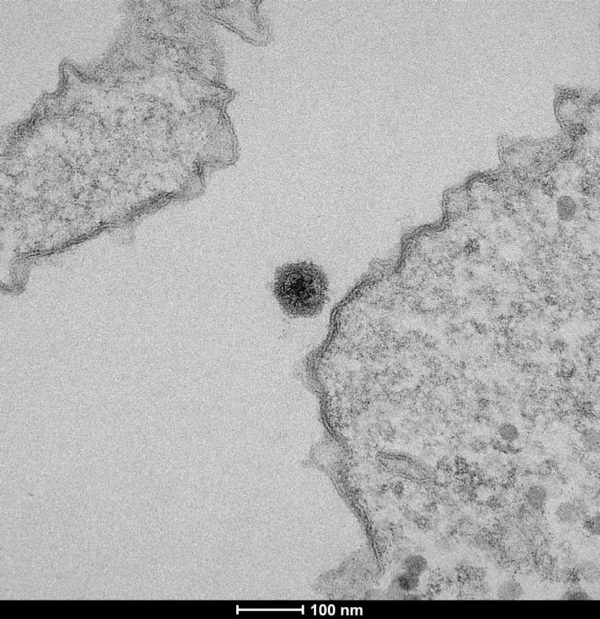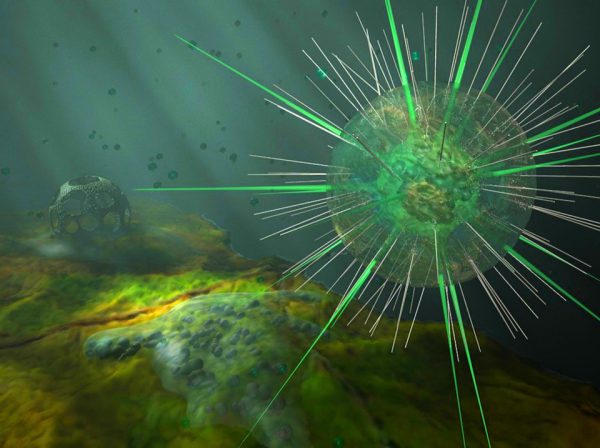What If: No One Could Speak?
Every Wednesday, we’re asking a what-if question – how would our world be different if something were changed? Today’s question is from QSFer Scott: What if most humankind lost its ability to speak (maybe via a virus)? How would that change the world? And what about those who still could? Share your serious scientific analyses, your off-color jokes, and random thoughts on the topic on our FB and MeWe Groups: FB: http://bit.ly/1MvPABV MeWe: http://bit.ly/2mjg8lf












